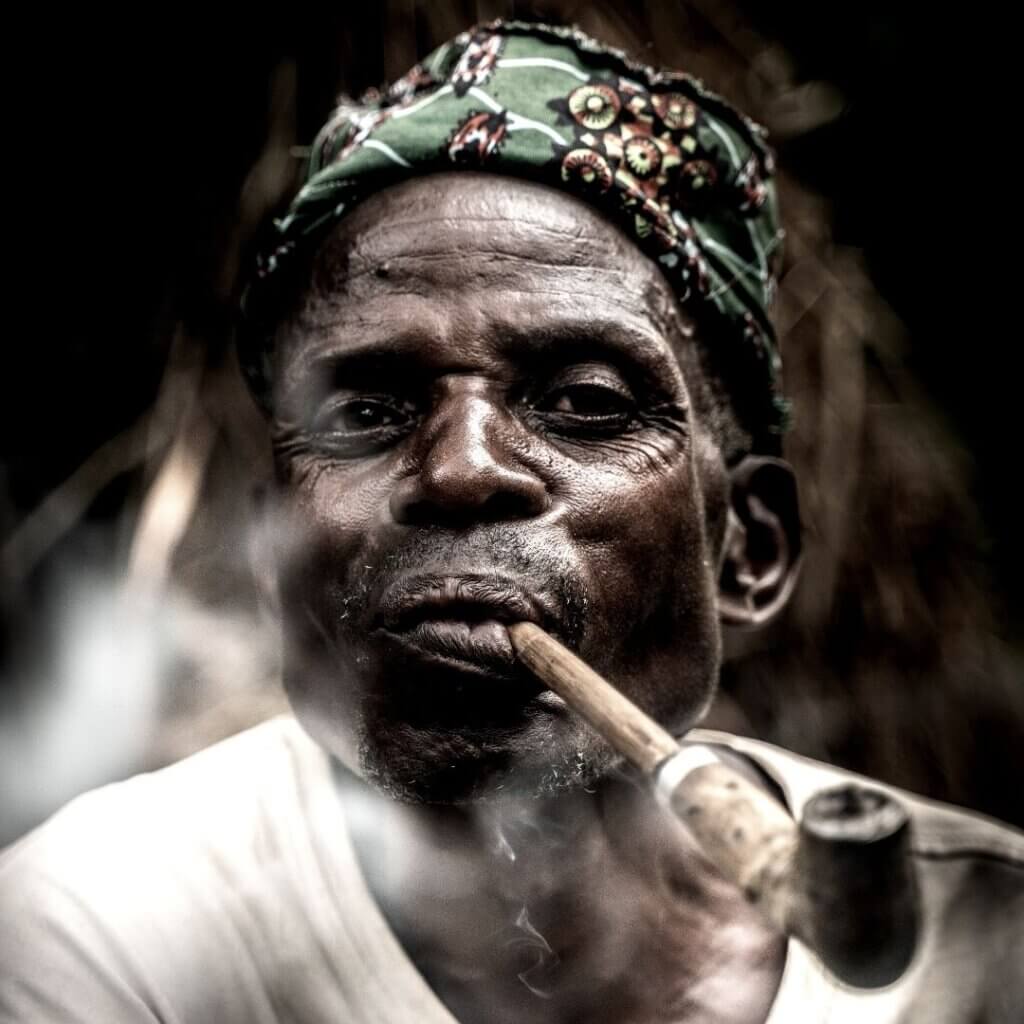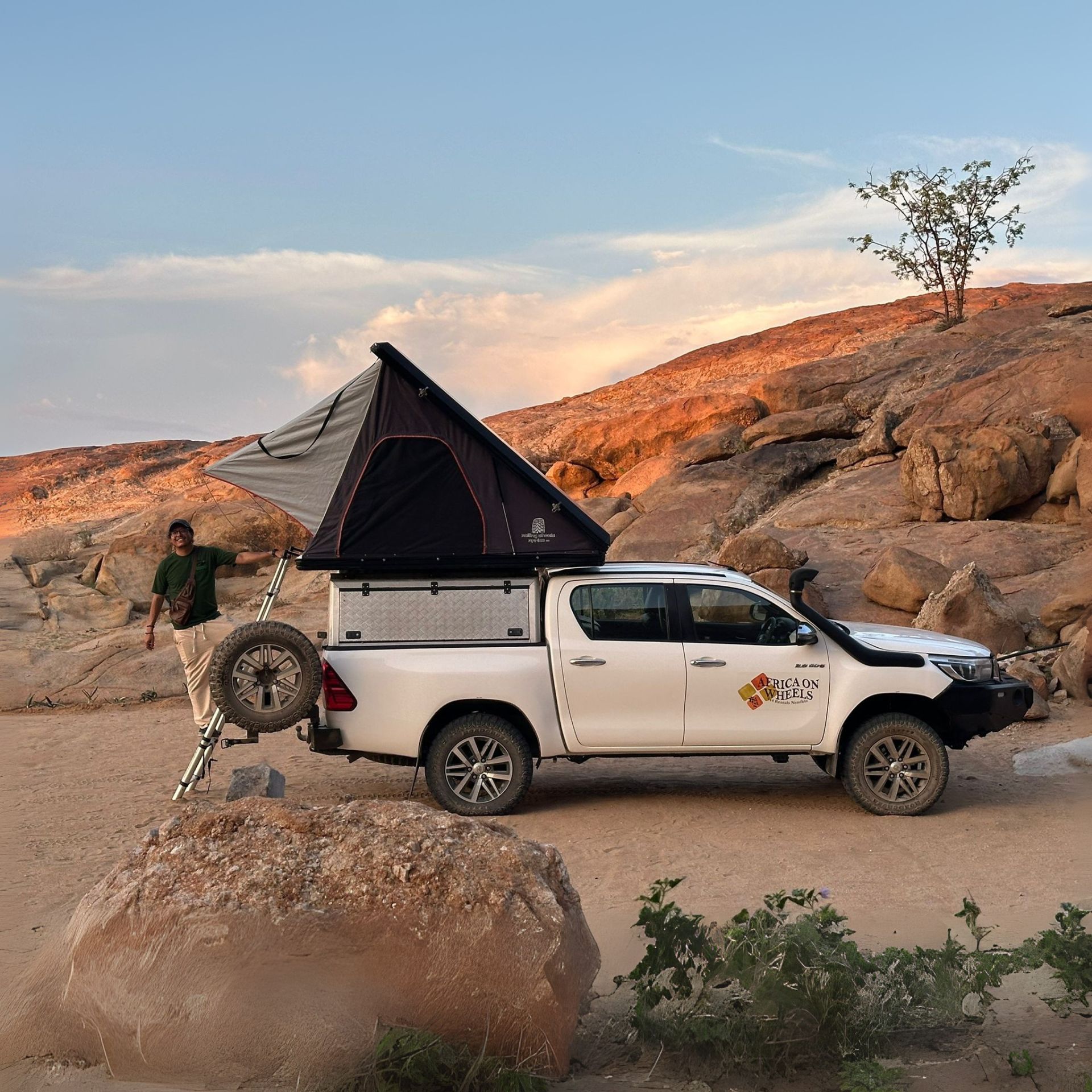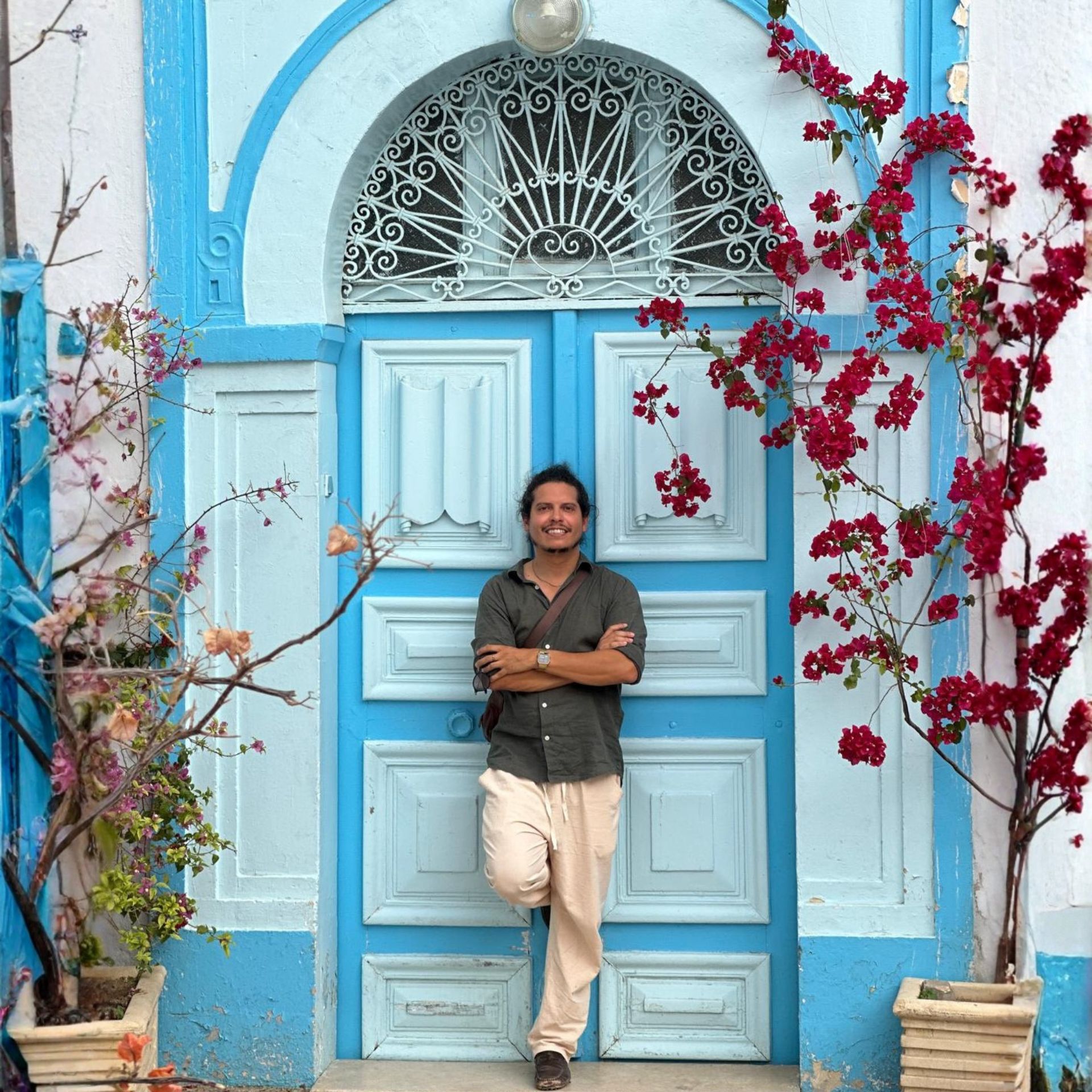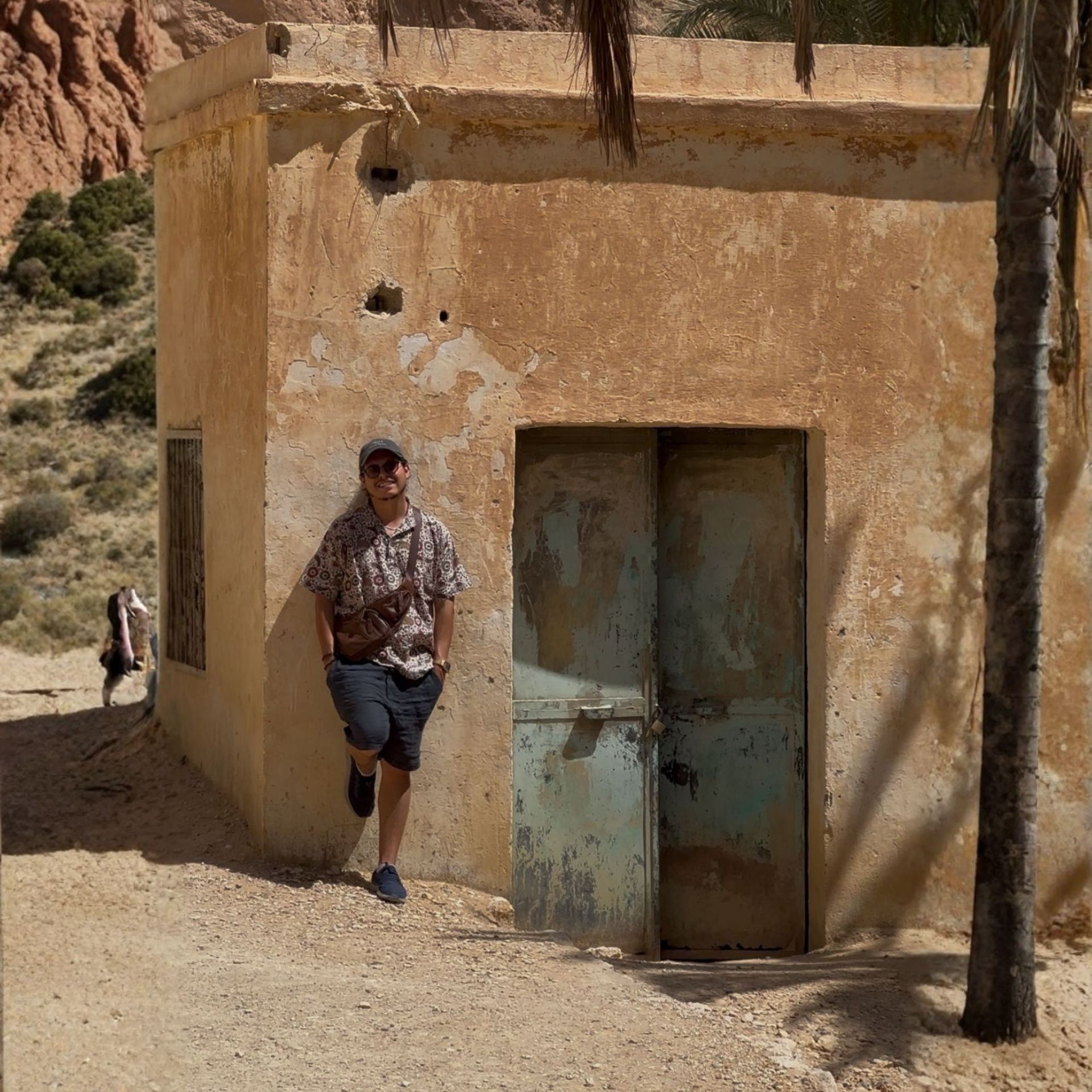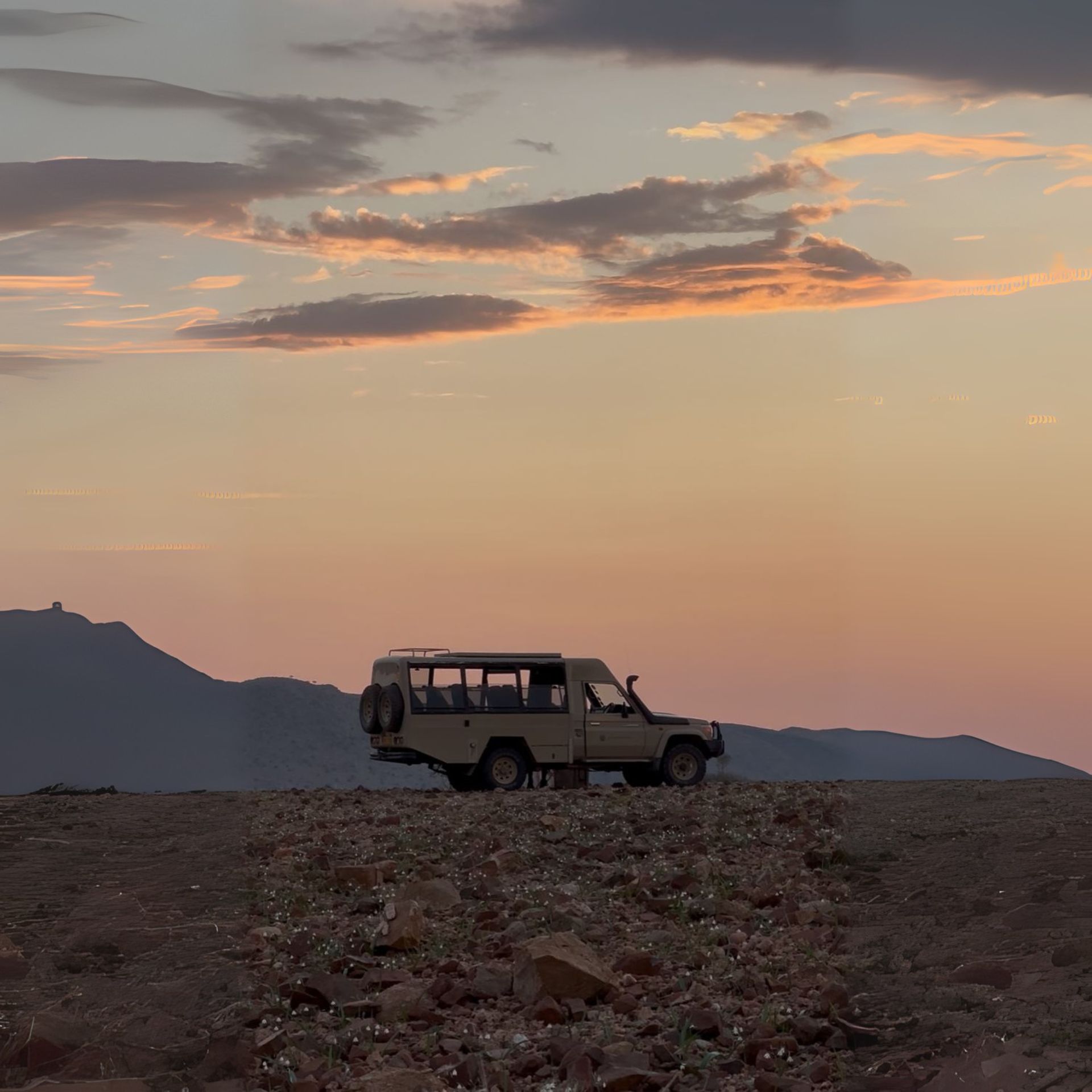Drastic changes in their lifestyle, constant discrimination, and zero opportunities. The Batwa in Uganda don’t need charity and donations. They need to be protected for who they are.
In 1906, the Bronx Zoo in New York City introduced what they called “the most interesting sight in the Bronx” into the gorilla cage. It was a teenage boy named Ota Benga, a man whose only sin was coming from a Pygmy tribe in today’s DR Congo.
Considered less than a human, Ota Benga was grossly mistreated, abused, and in all possible forms discriminated against during his time in America. He ended up shooting himself 10 years later in 1916.
Today, such behavior would be seen as outrageous and unthinkable. However, the situation for the pygmies, especially the Batwa Pygmies in Uganda, has not changed so much. Being called a pygmy is still an insult in the United States, and in their homeland, forced displacement and discrimination are just their everyday life.

I visited the Batwa Pygmies living on the outskirts of the Bwindi Impenetrable Forest in eastern Uganda. Here, I observed firsthand their hunter-gatherer skills, how they start a fire out of rocks and wood, and what kind of traditional medicine they find in the forest.
Unfortunately, what looked like a good representation of their day-to-day, was just a show made for tourism. In reality, the Batwa are not allowed to hunt for a living, start a fire in the bushes, and collect the traditional herbal remedies that once helped the community to get healthy.
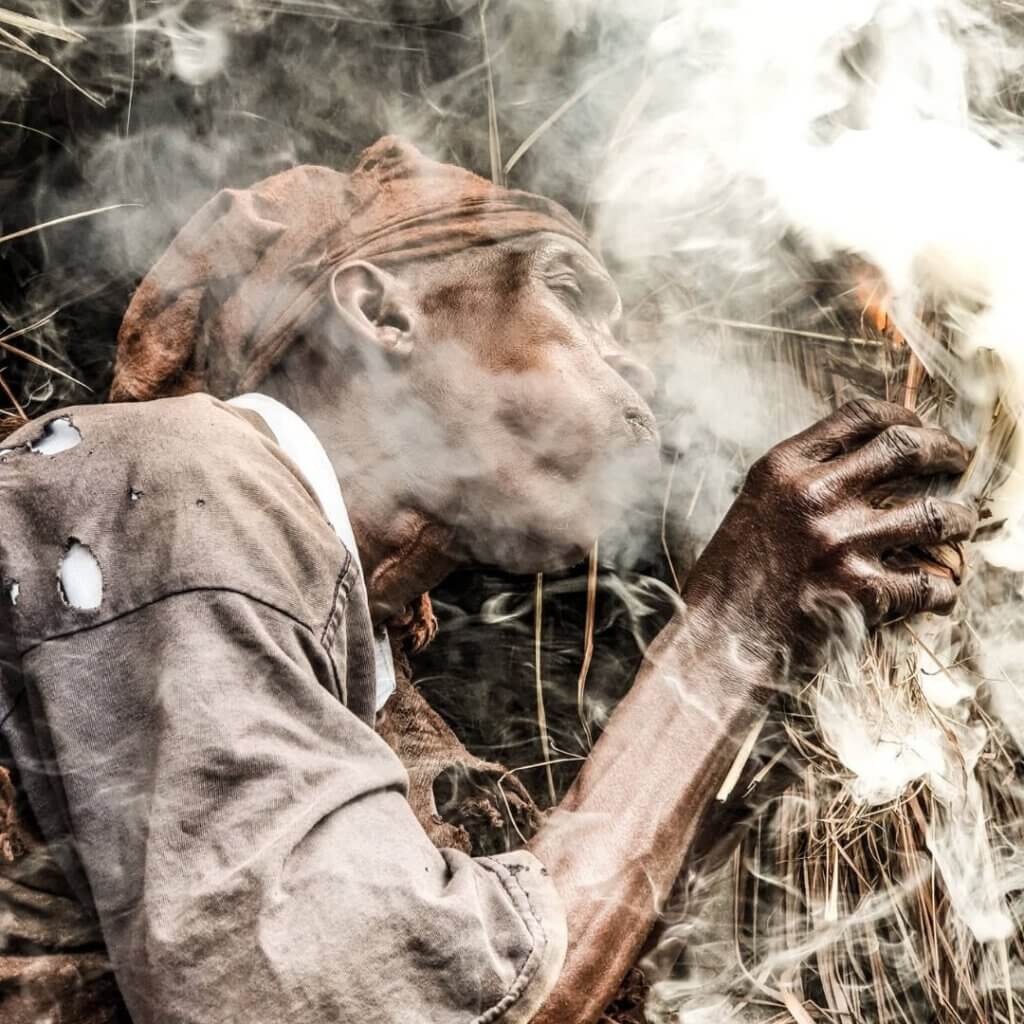
Visiting the Batwa people in Uganda
Tours for visiting the Batwa are promoted all over Uganda. You will be taken to a designated area in the forest, where the Batwa are supposed to live. They will show you how they survived in the dense Ugandan forests for centuries. You can see how they eat fire ants without pain, create traps with branches and leaves, or clean their teeth with tree bark. At first sight, everyone is having a good time and is motivated to show their culture. The young women play the drums and dance, while the men show how life in the jungle can be.
But it takes a bit of observation to notice something is wrong. While the young men proudly showed their skills, the older community members sat on a corner and waited for the show to finish. They didn’t feel the need to participate in this circus, and even younger community members got mad at them when they did not smile at you.
At the show’s end, the Batwa will show you some of their handcrafts and hope that you buy something to take home. Tour operators repeatedly say that the money collected goes back to the community. And yes, after a short research, you can see the programs from United Organisation for Batwa Development in Uganda (UOBDU) and the Ugandan Wildlife Authority are helping the communities to develop tourism in this way. Still, the final question is: is this enough?
Read more: Turning animal poachers into wildlife conservationists
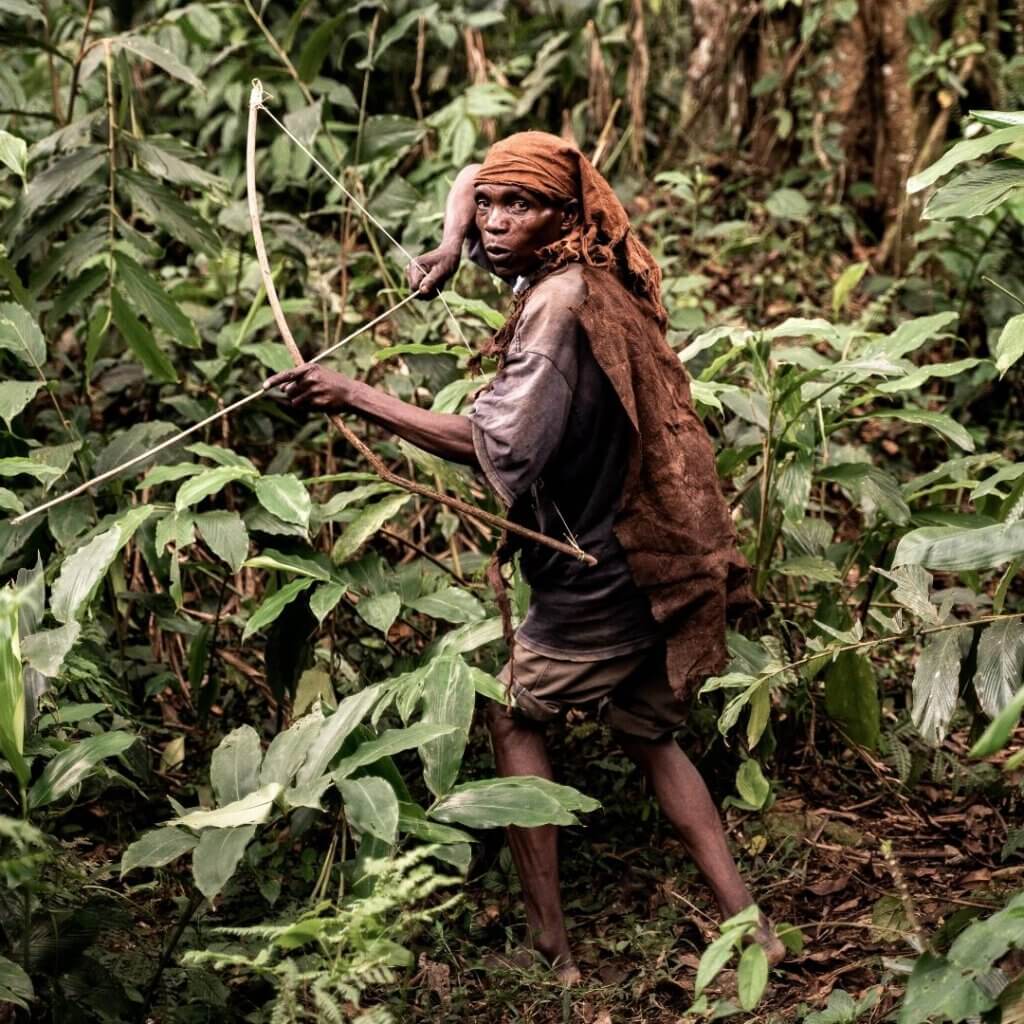
Life in the middle of displacement and conflict
The Batwa relied upon hunting and assembling from the woods for a really long time. They used to coexist with the gorillas in the Bwindi Impenetrable Forest and were let to live under their own rules and social structure. However, in the mid-1990s, the Ugandan government pronounced the national parks of Uganda sanctuaries for wildlife. It expelled every one of the people who had lived inside these areas, including the Batwa.
After their expulsion, the public authority gave some Batwa families farmland. Unfortunately, they didn’t know how to cultivate – nor were taught how. Most of this given land was poorly sold, and the money received was not well invested. For those keeping the land, discrimination forced them to live in discomfort and be mistreated by neighbors and the community around them.
Read more: Which are the best national parks in Uganda

Creating a whole Batwa community outside the national parks was also out of the question. According to Ugandan law, the Batwa were a nomadic tribe who had never settled in one location. Therefore, they had no claim to the land, and the Ugandan government had no legal obligation to compensate them with new land.
Old community members still remember how life was inside the national parks. They still remember how simple it was when they were allowed to live in the forest and not think about money or donations to survive. For them to be part of a show presenting their former way of life is going back to the trauma of remembering a past that won’t come back anytime soon.
Read more: How to plan a trip to the Bwindi Impenetrable Forest in Uganda

Taking matters into their own hands
The Batwa of Uganda are in political limbo, and with only 3000 Batwa left, chances of survival are minimal.
Fortunately, young Batwa are going to school and understand that the best way to move forward in this new reality is through education. Our tour guide during the Batwa visit was the daughter of a Batwa chief, who taught herself English, went to school, and decided to learn about tourism to help the community move on.
She takes care that the money from the tours doesn’t fade away and helps older community members understand the importance of adapting to these new conditions and show the fascinating culture they have to offer.
Read more: Which are the most interesting tribes to see in Namibia

Additionally, UNESCO has taken a more active role in promoting land rights for Batwa inside the national parks. They understand that the Batwa can’t go back there, but they know their connection to the parks and their knowledge of these protected areas.
They are helping the Batwa become park rangers in Bwindi and Mgahinga – something that introduces the Batwa into modern society and gives them more respect among Ugandans.
These are short steps while the clock is ticking. However, with more awareness of people living outside of Africa and more support from prominent organizations like UNESCO and UWA, hopefully, the Batwa can take control back and stop being seen as second-class humans.
Read more: Meeting The Pygmies – Africa’s Forgotten Tribe
INSIDER INFO:
As a tourist, you can help the Batwa communities by taking part in one of the locally organized nature walks inside Bwindi. This is called the Batwa Trail. Here, you will walk along the forest and learn about the fauna and flora of the area, as well as learn about some Batwa traditions.
Read more: Visiting the Bushmen in Botswana and the ethics of doing ethnic tourism
